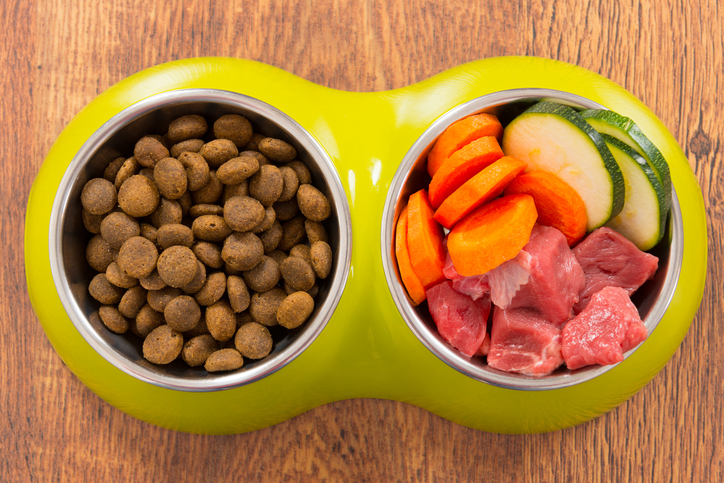Rationale for Cloning
- Cloning of Domestic Animals
- Overview of Cloning of Domestic Animals
- Technical Aspects of Cloning
- Status of Cloning Domestic Animals
- Rationale for Cloning
- Controversies About Cloning
Companion animals may be cloned for emotional reasons or as models for endangered species. Horses are cloned mainly to allow continued production of offspring from individuals with valuable genotypes or to retain a genetic type (eg, geldings that are exceptional performers). Cloning of farm animals may be performed for agricultural or biomedical applications. Agricultural applications include production of animals with valuable production traits, such as high-producing dairy cows, animals with superior carcass quality at slaughter, or production of additional sires of an established valuable genotype.
Biomedical applications of cloning are largely related to the ability to perform nuclear transfer using a cell line that is genetically altered (transgenic) and, thus, to produce an animal with those characteristics. Biomedical applications include generation of animals of specific genotypes as disease models, animals carrying genes for the production of medically important proteins that may be harvested from the milk or tissues, and animals having genetically altered organs (of low immunogenicity) for transplantation to people.
- Cloning of Domestic Animals
- Overview of Cloning of Domestic Animals
- Technical Aspects of Cloning
- Status of Cloning Domestic Animals
- Rationale for Cloning
- Controversies About Cloning




